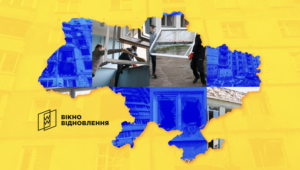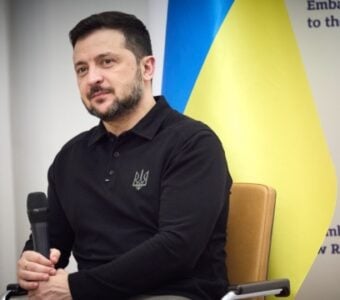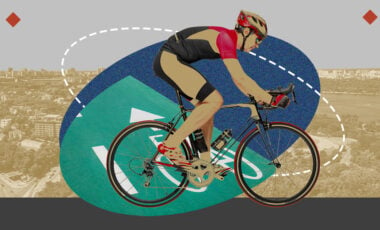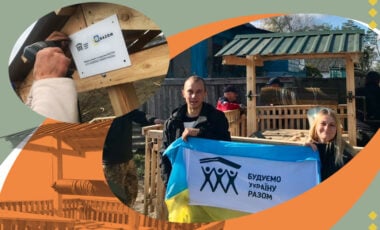Ukraine may receive first income from frozen Russian assets by summer – European Commission

If the EU member states can swiftly agree on the proposals put forth by the European Commission and the EU's high representative on utilizing the frozen assets of the Russian Central Bank in the EU, then Ukraine can expect to receive the initial funds from these assets by this summer.
This was stated the day before in Brussels during a press briefing by European Commission spokesman Christian Wigand in response to a request to comment on the words of German Chancellor Olaf Scholz regarding the readiness of 90% of EU member states to agree to the use of extraordinary income from frozen Russian assets for military support to Ukraine, according to Ukrinform.
"The new proposal provides that these revenues will be used to support Ukraine, with an immediate focus on financing (procurement—ed.) of military equipment and (in the medium and long term) recovery and reconstruction. This proposal is currently under discussion. We hope for a quick agreement between the member countries so that the first payments can be made before the summer," the EC speaker said.
Wigand noted that the European Commission usually "does not comment on comments." However, he recalled how the situation developed around the possible use of Russian financial assets frozen on the territory of the EU:
- The first proposal, which the European Commission made in December 2023 and entered into force in February of this year, fixed the retention of accrued interest in separate accounts, separate from Russian assets stored in European financial institutions.
- As a second step, the EC and the EU High Representative released a proposal on March 20 to use these windfall profits, derived from interest charges on frozen Russian assets, to provide military aid to Ukraine.
"This proposal has already been discussed several times at the level of working groups of the Council of the EU and in the Coreper format. As we expect, the next such discussion will take place tomorrow. So we hope for the quick adoption of this proposal by the member states," the spokesperson of the European Commission added.
It should be pointed out that during a speech at the EU-Ukraine Defense Industry Forum in Brussels on May 6, the EU High Representative, Josep Borrell, stated that once the member states agree to use funds from frozen Russian assets, these funds will be allocated to address Ukraine's pressing military needs. This includes bolstering the development of the Ukrainian defense industry and producing weapons within the country.
For reference:
On February 24, the Group of Seven (G7) countries released a statement confirming that they would keep Russian assets frozen in their jurisdictions until the end of Russia's full-scale war against Ukraine.
Also, the United States has, for the first time in history, transferred confiscated Russian assets to Estonia, which will be used to support Ukraine.
The European Council approved a resolution paving the way for using profits from frozen Russian assets for Ukraine.
The President of the European Commission, Ursula von der Leyen, proposed that the European Union consider using the proceeds from frozen Russian assets to benefit Ukraine, including purchasing military equipment.
Minister of Foreign Affairs Dmytro Kuleba welcomed the initiative of the President of the European Commission, Ursula von der Leyen, regarding the use of profits from frozen Russian assets to purchase military equipment for Ukraine. According to his conviction, the allies must also find the necessary legal grounds and political will to use the revenues and the assets themselves.
It is worth adding that the European Union has prepared a legislative proposal, according to which Ukraine will start receiving profits from the blocked assets of the Russian Central Bank already in July: the funds will be directed to the supply of weapons and the development of the defense industry.
On March 19, the European Union's Head of Diplomacy, Josep Borrell, suggested using 90% of the revenues from the Russian Federation's assets frozen in Europe to purchase weapons for Ukraine through the European Peace Fund.
Moreover, the Parliamentary Assembly of the Council of Europe on Tuesday, April 16, called for the transfer of frozen Russian assets to help reconstruct Ukraine.





















































